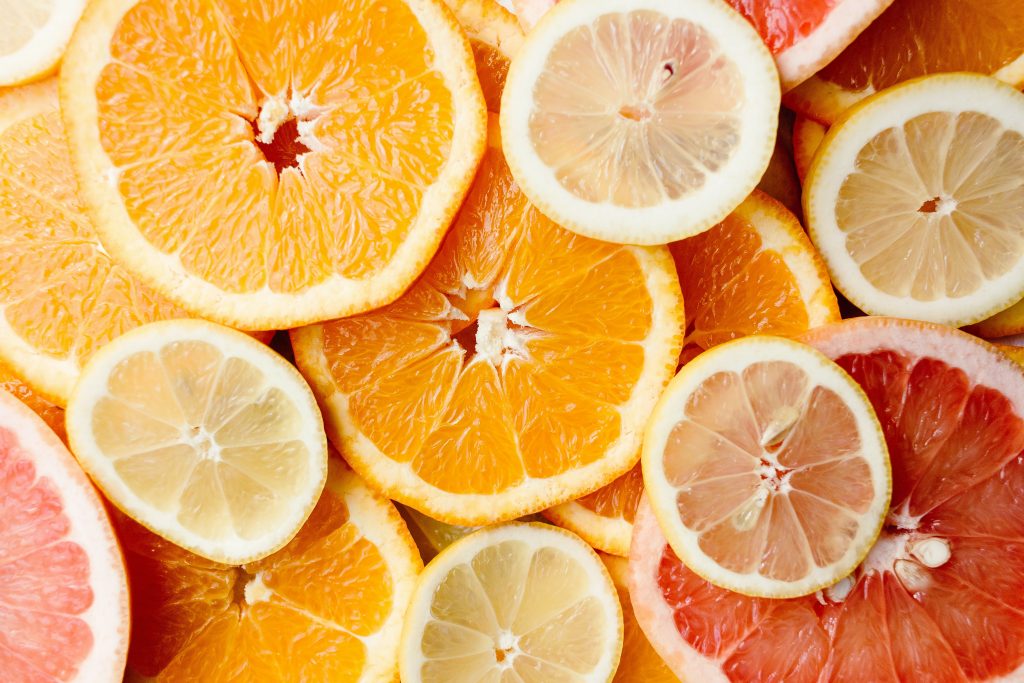As the months start getting colder and the school term begins, flus and colds become a lot more commonplace and our immune systems have to fight a lot harder. Health professional Bhavash Padhiar shares his top tips on how keep our little ones fit and healthy this season.
My two not so little kids went back to school last month with all its new ways of conducting themselves. School life is different now and catching head lice is now the most minor of all back to school, err, headaches. However with correct social distancing, nits shouldn’t be a problem this autumn. It is important to make sure that they are well equipped to catch up on all the missed schooling and to stay super healthy in the classroom.
What we can do to help our school children maximise their learning potential and reduce the risk of sickness? Here are my top tips to improve the concentration and work ability of the children in the classroom and also how to make sure that their immune system is the best they can be:
Omega-3 acids
It has been well established that fatty acid also known as Omega-3 acids contribute to improved cognitive development, improved concentration, memory function and brain development. There are three main parts in Omega acids that are most important for this function. These are eicosapentaenoic acid (EPA), docosahexaenoic acid (DHA) and alpha-linolenic acid (ALA). These three acids are responsible as the building blocks of brain cells, the eyes and the nervous system.
A diet rich in EPA and DHA Are responsible for social and cognitive development in children. ALA Is used to naturally produce extra EPA and DHA. Kirby and Derbyshire are two scientists who have studied the effects of omega-3 acids on children and in 2018 published a study In the Journal of nutritional food Sciences finding that there were improvements in concentration, behaviour and emotional health of children after regularly taking healthy levels of Omega-3 acids. The Food and Agriculture Department of the United Nations recommend that children take at least 150 milligrammes of omega-3 acids per day. Good sources of omega-3 acids Cold water fatty fish like salmon mackerel and sardines. If fish are not to your child taste, then you can incorporate flax seeds, Chia and walnuts or flaxseed oil, canola oil or marine algae to your child’s diet. There are many fun flavoured supplements available from your local pharmacy or health food store if your child wants something a little bit more palatable.

Vitamins B and C
Vitamins B and C contribute to a healthy mind by improving concentration, energy, memory function, and mental calmness. Don’t forget that B and C vitamins are vital for the immune system too.
Probiotics
It has long been established that a healthy gut is vital a healthy mind and your immune system. probiotics are a fantastic way to re balance their Digestive system to extract vitamins and minerals from their diet and synthesise healthy new cells And also 2 reduce the amount of bad bacteria that may well be lurking in the gut.

Zinc
Zinc combined with anti oxidants like vitamin C together contribute to an effective immune system and helps to speed up healing. You don’t have to feed your children oysters to supplement them with zinc but mushrooms, spinach and kale are a healthy option.

Vitamin D
Now that daytime sunlight hours get shorter and shorter they may not be be getting as much vitamin D as they should. Healthy levels of vitamin D is essential for good health and well being. Supplements are very safe and quite tasty too. I like the spray versions which you squirt under the tongue.
Good brands of vitamins include Solgar, Vita biotics and Lamberts. My probiotics of choice are Bio-Kult or Optibac.
Together all these vitamins and probiotics will help strengthen your little loved ones immune system and help with concentration in the classroom.
Written By: Bhavash Padhiar | Wellness Blogger
Facebook: @wimblederm
Instagram: @wimblederm
Twitter: @bhavashmedical







